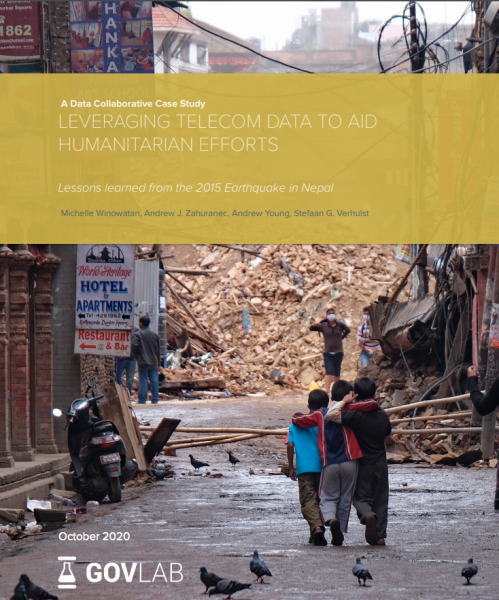Paper by Jörg Hoffmann and Begoña Gonzalez Otero: “In the current data access and sharing debate, data interoperability is widely proclaimed as being key for efficiently reaping the economic welfare enhancing effects of further data re-use. Although, we agree, we found that the current law and policy framework pertaining data interoperability was missing a groundworks analysis. Without a clear understanding of the notions of interoperability, the role of data standards and application programming interfaces (APIs) to achieve this ambition, and the IP and trade secrets protection potentially hindering it, any regulatory analysis within the data access discussion will be incomplete. Any attempt at untangling the role of data interoperability in the access and sharing regimes requires a thorough understanding of the underlying technology and a common understanding of the different notions of data interoperability.
The paper firstly explains the technical complexity of interoperability and its enablers, namely data standards and application programming interfaces. It elaborates on the reasons data interoperability counts with different levels and puts emphasis on the fact that data interoperability is indirectly tangled to the data access right. Since data interoperability may be part of the legal obligations correlating to the access right, the scope of interoperability is and has already been subject to courts’ interpretation. While this may give some manoeuvre for balanced decision-making, it may not guarantee the ambition of efficient re-usability of data. This is why data governance market regulation under a public law approach is becoming more favourable. Yet, and this is elaborated in a second step, the paper builds on the assumption that interoperability should not become another policy on its own. This is followed by a competition economics assessment, taking into account that data interoperability is always a matter of degree and a lack of data interoperability does not necessarily lead to a market foreclosure of competitors and to causing harm to consumer welfare. Additionally, parts of application programming interfaces (APIs) may be protected under IP rights and trade secrets, which might conflict with data access rights. Instead of further solving the conflicting regimes within the respective legal regimes of the exclusive rights the paper concludes by suggesting that (sector-specific) data governance solutions should deal with this issue and align the different interests implied. This may provide for better, practical and well-balanced solutions instead of impractical and dysfunctional exceptions and limitations within the IP and trade secrets regimes….(More)”.

